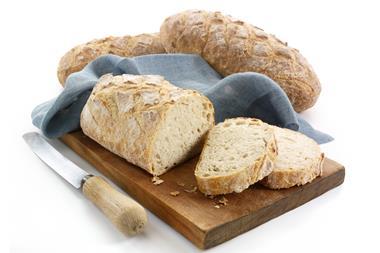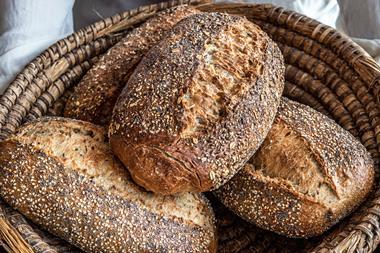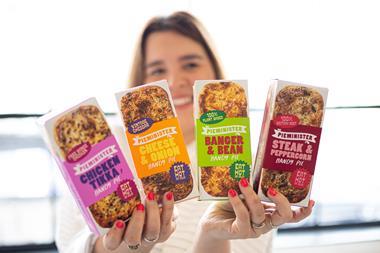Sandwiches, pizza and savoury snacks are set to be in the firing line as the government widens its focus from sugar to total calorie intake to combat childhood obesity.
The move was unveiled today (Friday 18 August) by government agency Public Health England (PHE) as part of its ‘Childhood obesity: a plan for action’ strategy, which launched a year ago.
“A third of children leave primary school overweight or obese,” said PHE chief executive Duncan Selbie.
“An excess of calories – not just excess sugar consumption – is the root cause of this. We will work with the food companies and retailers to tackle this as the next critical step in combating our childhood obesity problem.”
Under the plans, PHE will consider evidence on children’s calorie consumption, set guidelines to remove excess calories from the foods children consume the most, and monitor progress, before publishing evidence in early 2018.
It will then consult with the food industry, trade bodies and health NGOs to develop guidance and timelines for a calorie reduction programme.
Food and Drink Federation
Speaking about the latest announcement, the Food and Drink Federation said it was “pleased” the government was broadening its focus “beyond just sugar - and towards calories”.
“FDF has long advocated this ‘whole diet’ approach,” a spokesman said. “Singling out the role of individual ingredients and food groups does not help consumers make good choices about their diet, lifestyle or general health.
“Food and drink companies continue to play their part to help people who are concerned about their weight by making available new, healthier options, by providing on-pack nutrition information and by supporting physical activity initiatives.”
He added the industry had a “proud track record of reformulation to remove salt, fat and sugar from food and drinks”.
Action on Sugar
Professor Graham MacGregor, chairman of health campaign group Action on Sugar, described obesity and type 2 diabetes as the greatest health threat to the UK.
“We need a much more robust plan with enforcement of the sugar and calorie reduction targets,” he said, adding that the soft drinks levy needed to be extended to confectionery, “the second biggest contributor of energy intakes in children”.
He added that “watertight restrictions” on marketing unhealthy foods to children were needed.
British Medical Association
It was a view echoed by the British Medical Association (BMA), which accused the Department of Health of “dropping the ball in terms of marketing junk food to young people”.
“The government hasn’t strengthened existing controls on how unhealthy food and drinks are marketed to children,” said BMA board of science chair, Professor Dame Parveen Kumar. “We know junk food adverts are very influential on children’s eating habits, yet manufacturers get a free pass to appeal specifically to children, even in schools.”
It added that the government had demonstrated commitment to tackling childhood obesity with a programme to reduce sugar in foods most often eaten by children and that it would commend the same approach taken to regulating the amount of calories, salt and fats in foods.
The Department of Health has funded a £5m National Institute for Health Obesity Research Policy unit at University College London, which aims to develop a deeper understanding of the causes of childhood obesity, including marketing to children and families, social inequalities and the early years of childhood.
Since the childhood obesity plan was published, retailers and manufacturers including General Mills, Nestlé, Greggs and Starbucks have announced they are lowering, or have already lowered, the amount of sugar in their products.



































No comments yet